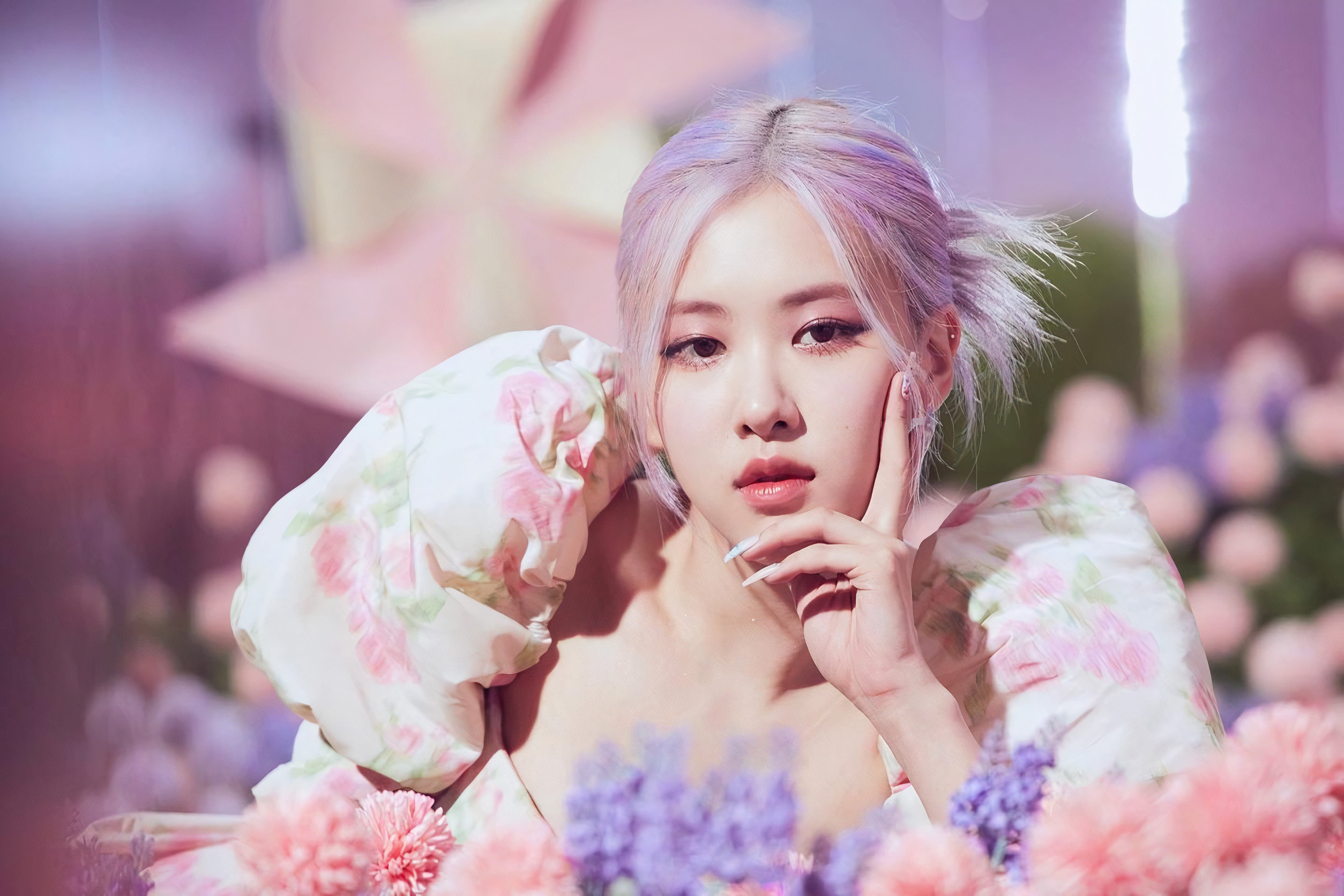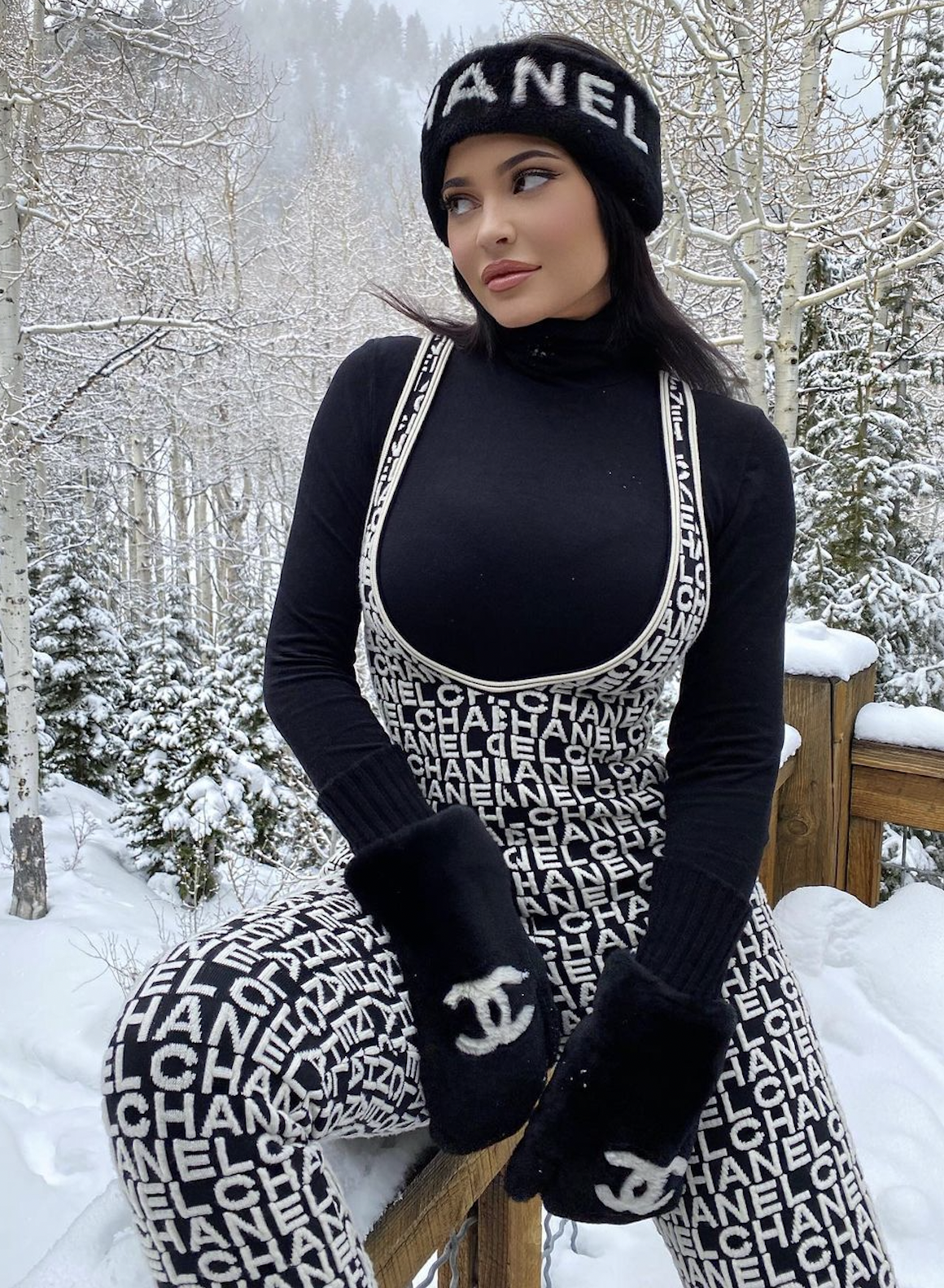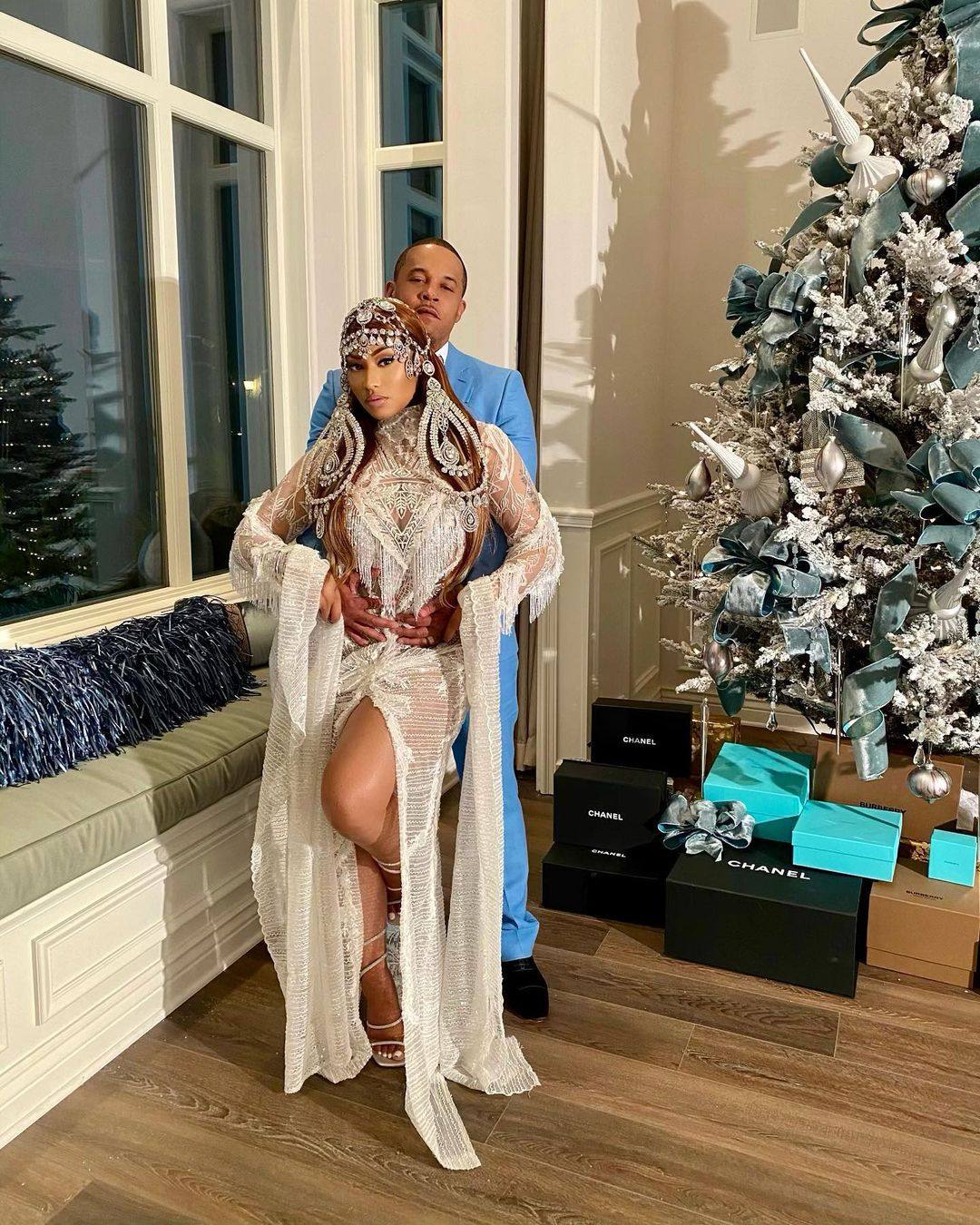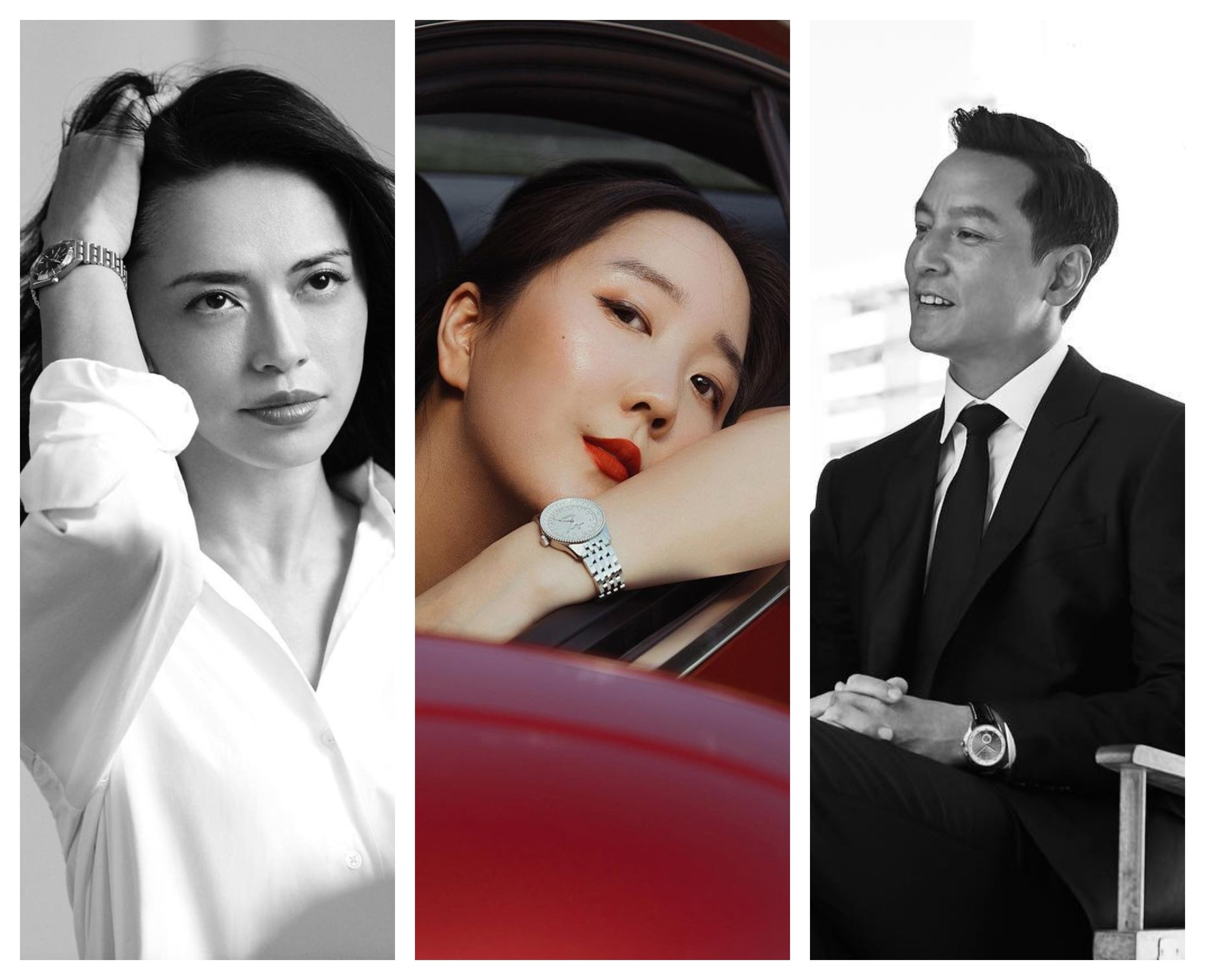Advertisement
Advertisement
Advertisement
Opinion / Why K-pop idols are the new faces of global luxury: from Blackpink’s Lisa representing Celine to Exo’s Kai modelling for Gucci, Korean celebrities can pull in millennial customers from China, the US and beyond
STORYDaniel Langer
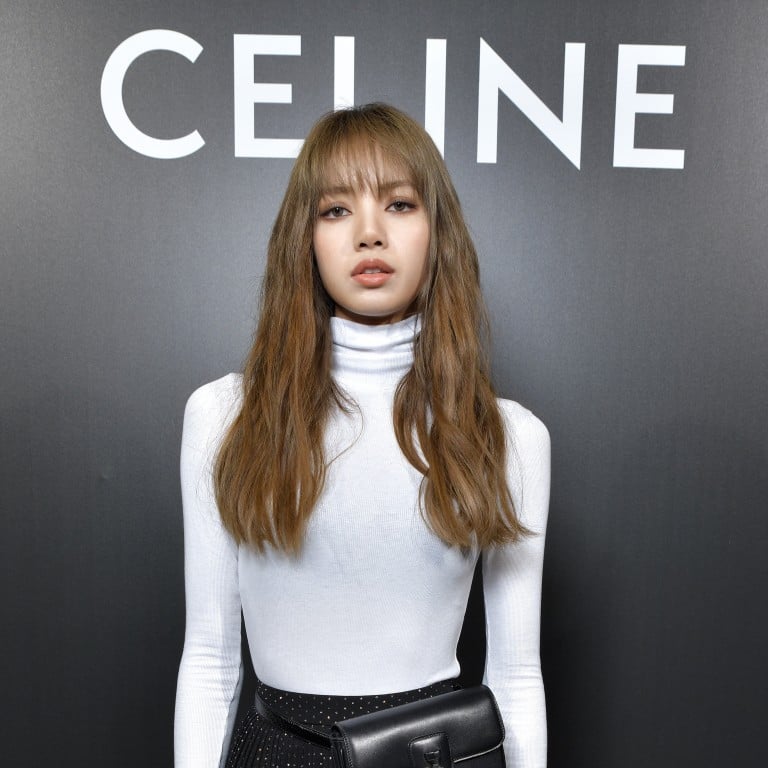
- The global success of K-pop and K-drama has sparked a smart shift towards diversity, with Korean faces making ideal global ambassadors for luxury brands
- A recent Concept Korea show at New York Fashion Week didn’t just showcase Korean designers, but K-pop acts including TXT’s Yeonjun and Bibi
This article is part of Style’s Luxury Column.
Last week I was chatting with the CEO of a Korean luxury skincare brand who lives in the United States and is originally from Seoul. I asked about the differences in culture between her Korean and American consumers, and she immediately lit up, smiled, and answered: “For Koreans, it is all about how we look. It is an investment in our future, in our life, in our success.” A strong statement that might not ring true for everyone, but which explains why Korea has become synonymous with beauty.
Korea is known for its beauty obsession. It’s a global centre for plastic surgery for women and men. Consumers experiment and they don’t settle for anything that does not show results. Too much depends on it in a society that equates a youthful and beautiful appearance with possibilities. “My body is my success,” is the type of statement I heard again and again during my visits in Seoul.
Advertisement

Pair this with the country’s love of entertainment and the broad appeal of Korean youth culture, and it explains why K-pop stars like TXT’s Yeonjun became global superstars and why Korean movie stars like Song Hye-kyo became famous far beyond Korean borders.
As a shopping mecca, Korea has become one of the most important places for luxury brands, not least because it’s easily accessible from Shanghai or Beijing, allowing the most important luxury consumers in the world – Chinese millennials – to hop over, spend a weekend in Seoul, party (at least pre-pandemic), and shop duty free. This made Korea the most important duty-free shopping destination worldwide.
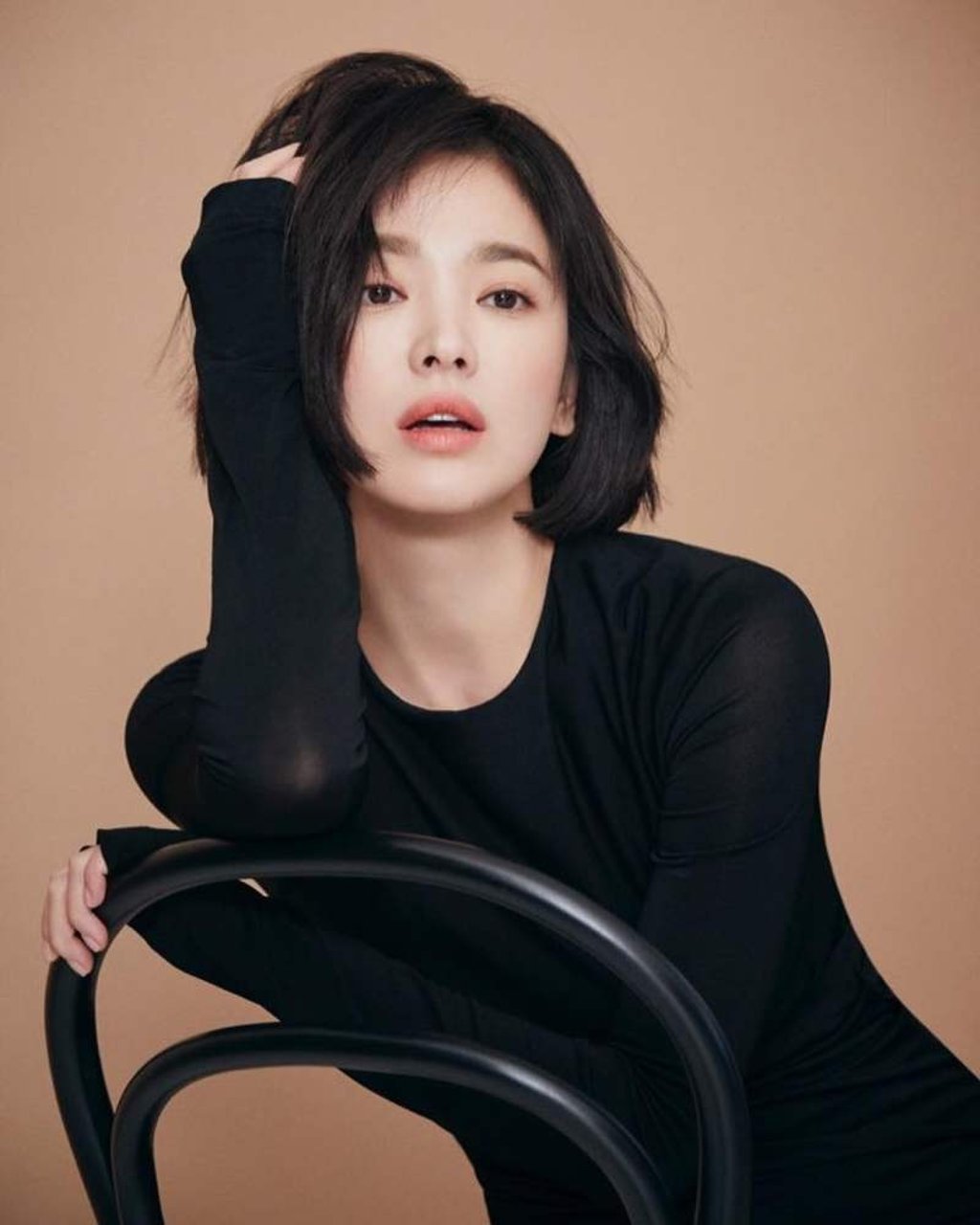
Pandemic-related travel restrictions have greatly impacted the Korean luxury market. As a result, Korean brands have been trying to reach a more global audience, which has also been more challenging recently. At this year’s New York Fashion Week in mid-February, the Korean government sponsored “Concept Korea”, promoting local designers.
As part of the show, the brands Ul: Kin, Jarret and Wnderkammer all took part, showcasing an eclectic and energetic mix of K-fashion, digital art and K-pop. Jarret promoted its collection with WayV’s YangYang; TXT’s Yeonjun and musician Bibi were walking the runway for Ul: Kin, with Bibi even composing a dedicated track for the event.
Daniel Langer is the CEO of the leading luxury, lifestyle and consumer brand strategy firm Équité (equitebrands.com), and the professor of luxury strategy and extreme value creation at Pepperdine University in Malibu, California. He consults some of the most iconic luxury brands in the world, is the author of several luxury management books, a frequent media commentator, a global keynote speaker, and holds luxury masterclasses in Europe, the USA, and Asia. Follow @drlanger on Twitter
/ READ MORE /






